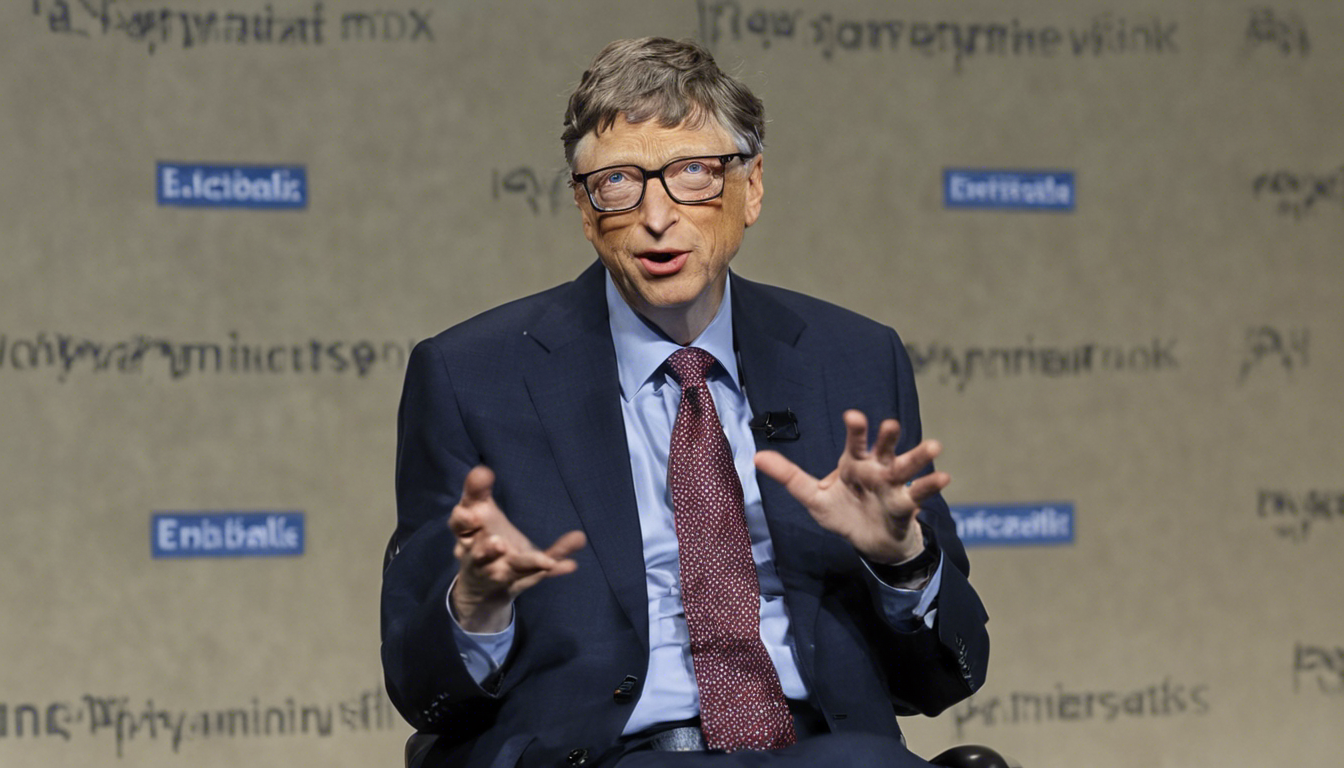
In a recent episode of Trevor Noah's "What Now? With Trevor Noah" podcast, Microsoft co-founder Bill Gates shared his thoughts on the potential of artificial intelligence (AI) revolutionizing the way we work. Gates expressed the idea that if AI advances to the point where machines can efficiently handle essential tasks, humans could find themselves working just three days a week.
Gates challenged the conventional notion that the purpose of life is solely centered around jobs. He suggested that a society with a reduced workweek could be acceptable as long as machines can fulfill essential roles, allowing individuals more leisure time. "The demand for labor to do good things is still there if you match the skills to it," Gates explained. He emphasized that even in a scenario with increased leisure time, individuals would need to find meaningful ways to spend it.
Acknowledging the inevitable job displacement that comes with technological advancements, Gates offered a perspective on managing this transition. He highlighted the importance of the pace at which these changes occur, expressing that if they unfold gradually, and with government support for those needing to acquire new skills, the impact can be positive. Gates drew a parallel to previous generational shifts, such as the decline in the number of farmers, emphasizing the need for a proactive approach in helping individuals adapt to the evolving job landscape.
Earlier this year, Gates championed the potential benefits of AI across various sectors, including productivity, healthcare, and education. He also introduced the concept of AI-powered personal assistants, referred to as "agents," which he believes will eventually be capable of assisting with virtually any activity and aspect of life online.
While optimistic about the prospects of AI, Gates called for the establishment of "rules of the road" to navigate potential downsides. He emphasized the need to ensure that any negative consequences of AI are outweighed by its benefits, underscoring the importance of responsible development and implementation.
As companies increasingly embrace AI technologies, the discussion around the future impact on jobs and workflows has gained prominence. Bill Gates' insights shed light on a future where AI not only transforms the nature of work but also prompts society to reevaluate the balance between professional and leisure time.